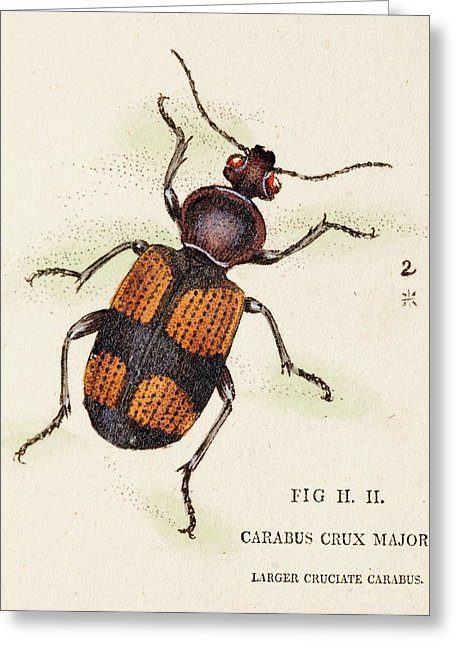“SEE those little beetles with a black cross on a red background?” I lean in to take a look. “They’re Panagaeus cruxmajor – the crucifix ground beetle. They were collected by Charles Darwin back in the 1820s.” Ed Turner is curator of insects at the University of Cambridge’s Zoology Museum, where many of Darwin’s beetle collections are held. He is proud to show me specimens collected by the man himself, and I am chuffed to see them. But the thrill doesn’t last. If we were to follow in Darwin’s footsteps and go out hunting crucifix ground beetles on the fens north of Cambridge, Turner says, we would have no chance. “They’re extinct. In this county, anyway.”
The last time anyone saw a crucifix ground beetle in Cambridgeshire was 1951. Changes in land use and overuse of pesticides haven’t been kind to this dweller of watery fenland.
You would have to be living under a rock not to have heard about the biodiversity crisis. Since about 1500, expanding human activity has condemned vast numbers of mammals, birds, amphibians and reptiles to an early grave. Now worries have spread to smaller creatures that actually do live under rocks, in leaf litter, in dung heaps and in puddles and ponds.
Turner is in no doubt. “Insects are in massive decline and have been for some time,” he says. “It’s quite a clear picture and a depressing one. By any measure that you choose, biodiversity of insects is declining.” I ask him what that means. “It means something is very, desperately wrong with our world.”
So is this it? …
Source: New Scientist, July 2018
https://www.newscientist.com/article/mg23931880-200-biodiversity-in-cri…

- Login om te reageren
